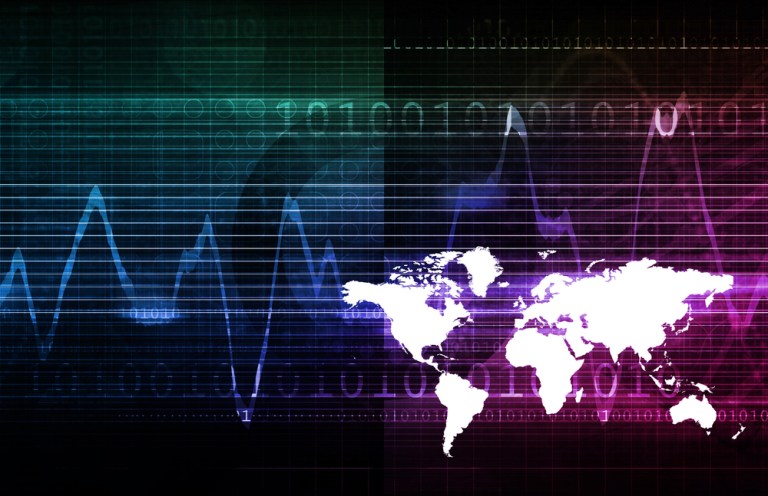Mastercard, Unilever Give Emerging Market SMEs A Boost

Mastercard and Unilever have paired up to help small businesses in emerging markets.
The companies said Wednesday (March 1) that their collaboration will yield several initiatives to help small- and macro-sized firms to support the growth of those businesses and their local economies. The partnership was revealed at Mobile World Congress.
Unilever will connect distributors in developing markets with Mastercard services around digital payments and acceptance. The companies will also look for ways to connect those SMEs to formal financial services, and many of their efforts will focus on supporting entrepreneurship among women.
The companies’ first pilot project will be in Kenya, they added, where Mastercard recently announced the launch of Huduma Card, a solution geared toward financial inclusion.
“Too many small merchants and micro entrepreneurs are stuck, like their customers, in a cash economy that doesn’t work for them,” said Mastercard President and CEO Ajay Banga in a statement. “With Unilever, we can bring a unique combination of technology and know-how to help these shop owners build a better future and serve their customers who are themselves on a path towards financial inclusion.”
In their announcement, Mastercard and Unilever cited statistics from World Bank that says there are as many as 445 million medium-, small- and macro-sized businesses in the developing world, and the “true economic potential” of these firms remains untapped. The companies also cited several barriers to growth for these firms, including limited access to money and business knowledge and a lack of financial management skills.
“Strategic partnerships such as this are critical to helping us improve our business and positively impact the lives of 5.5 million people by 2020,” said Unilever Chief Executive Paul Polman in another statement. “By working together, we can have a much greater impact in emerging markets, empowering small scale enterprises and bringing about the transformative change necessary to meet the aims of the Sustainable Development Goals and our business.”